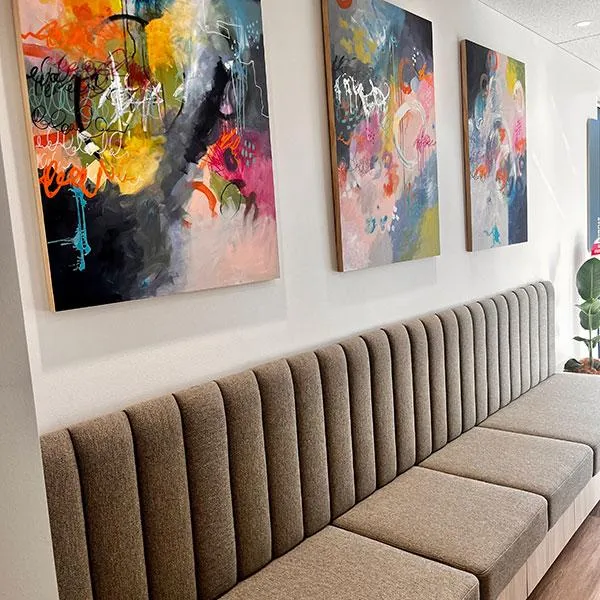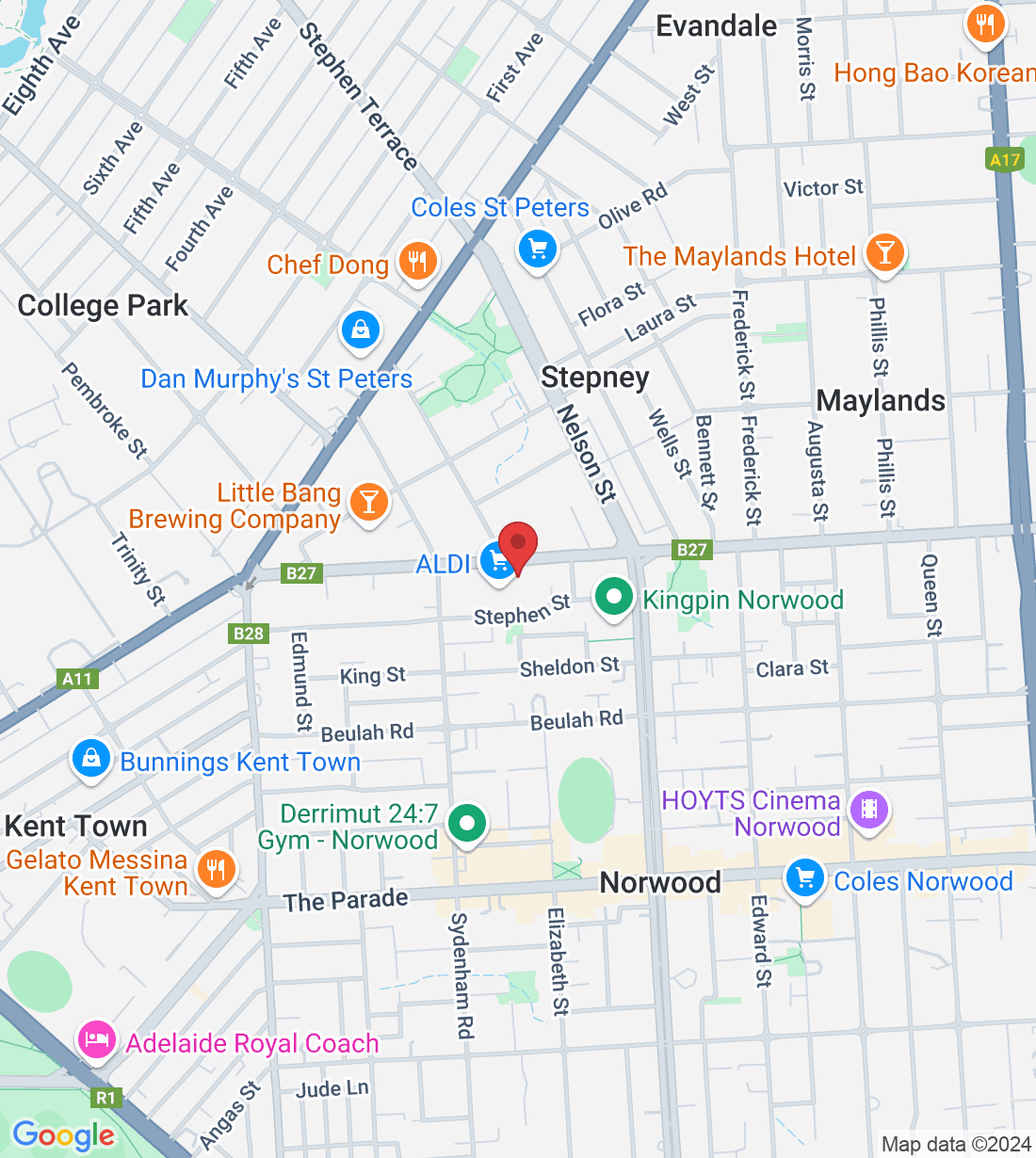
Empower Your Change: Navigating Perimenopause with Strength and Resilience

I'd like to tell you a little known fact. Menopause refers to the actual day that marks 12 months since the start of your last period. At this time there is very little of the female sex hormones particularly Oestrogen being produced. In Australia, the typical age of menopause is 51.
The 15 years leading up to that is called your pre or peri menopausal years. All the time after the day of menopause is called the post menopausal years.
The peri menopausal years is associated with varied (often dramatically so) hormone levels. It is not so different to the early menache years. Think of how emotionally varied teenage girls can be, how their moods can vary so rapidly day to day. But also how their periods can be quite light one month then incredibly heavy and painful the next.
As hormone levels decline in the peri menopausal years, they do so in a very non-linear way. Some days (or weeks) you may have spikes of hormones (Oestrogen) and other days or weeks you may have troughs.
Oestrogen, often hailed as the "queen of hormones," plays a pivotal role in the intricate dance of a woman's physiology. Produced primarily in the ovaries, oestrogen is a key player in various aspects of women's health, influencing everything from reproductive function, urogyneacological well-being, bone density, muscular development, tendon resilience, our skin condition, temperature modulation, emotional and psychological wellness and cardiovascular health. So... pretty much all of her!
It is no real surprise then that in the peri menopausal years, a women can start feel "not quite right".
Whilst it is more common for women to experience symptoms of perimenopause in the 5-7 years prior to menopause, it is incredibly common for women to have 'some' symptoms much earlier.
So why does it matter?
From a Women's Health Physio view point it means from as early as the age of 35, some women will start to have;
Poorer quality or less restorative sleep leaving them fatigued each day and more at risk of illness.
Difficulty maintaining muscular strength and therefore feel less strong and possibly gain adipose tissue.
Become more at risk of cardiovascular conditions.
Less resilient tendons and more at risk of injury.
Less compliant urinary and anal sphincters, making them more at risk of incontinence.
Have less vaginal lubrication making them more at risk of pelvic floor and sexual dysfunction
Slowly decreasing bone quality, making some women at risk of osteopenia and osteoporosis.
Of importance, is that it is also a very busy time of life for most women. Often women will have busy careers, a young family, a partner. They often also have aging parents of deteriorating health as well as financial stressors. So the perimenopausal woman often doesn't have enough time or energy left to focus on her own health.
Yet this is the time of life when optimal wellness is critical. It helps to set up her later years. It is a time to establish habits for exercise, diet and healthy relationships to ensure she heads into the second half of her life in the best position for total health and decrease her risks from common older person health concerns.
What can we do?
Maintain physical activity levels. The Government department for health and aging state that all Australians 18-64 should aim for 2.5-5 hours of moderate intensity exercise each week such as brisk walking, lawn mowing or swimming. They should also participate in 2 muscle strengthening sessions each week. At Vital Core we have so many ways to help women achieve this. We have a number of group exercise sessions every week for all groups in our community. We can also develop a home program that a woman can do that we can review and refine.
Get onto small problems fast. Don't wait for that niggle to become debilitating! being busy, it is easy to just put off getting that knee or shoulder looked at. Quite often when seen early in the development of an issue it is as simple as a few exercises progressed over a few weeks plus some minor lifestyle modifications and education to prevent the problem reoccurring. However, when an issue is left for a number of weeks, months or even years it is a much more involved process. So the motto is, don't delay.
Look after the pelvic floor by seeking help early. Often women feel very embarrassed to ask for help regarding their pelvic floor when they have problems. Common early signs of an issue is leaking (urine or faeces), or not being able to empty their bladder or bowel effectively. Sometimes is that intercourse has become unpleasant. As with the point above, get onto it early. More often than not, an early diagnosis results in a far more simple fix. Simply book in with a Vital Core Pelvic Health physio to start the process.
Look after mental health. Research has shown the incredibly strong link between psychological and physical health. For example; Anxiety results in the 'wind up' of the entire body. Muscles become tighter, pressures rise. These can all lead to physical problems. Speak to your GP or a psychologist about this. They can help! Physiotherapy can help anxiety through education and the application of a number of specific home exercises designed to wind the system back down.
There is so much more that can be done for women experiencing peri menopausal symptoms including seeing your women's health GP to discuss hormone replacement therapy. So, don't believe those who say "you're too young to be pre-menopausal" - if you are having symptoms, act. See your women's health GP or talk to your Vital Core Women's Health Physio.
Ask a question of Vital Core Physiotherapy
Fill in the form to request a Call From Our Team
One of our team will call you for FREE and answer any questions or concerns you may have about your condition
© 2023 Vital Core Physiotherapy





